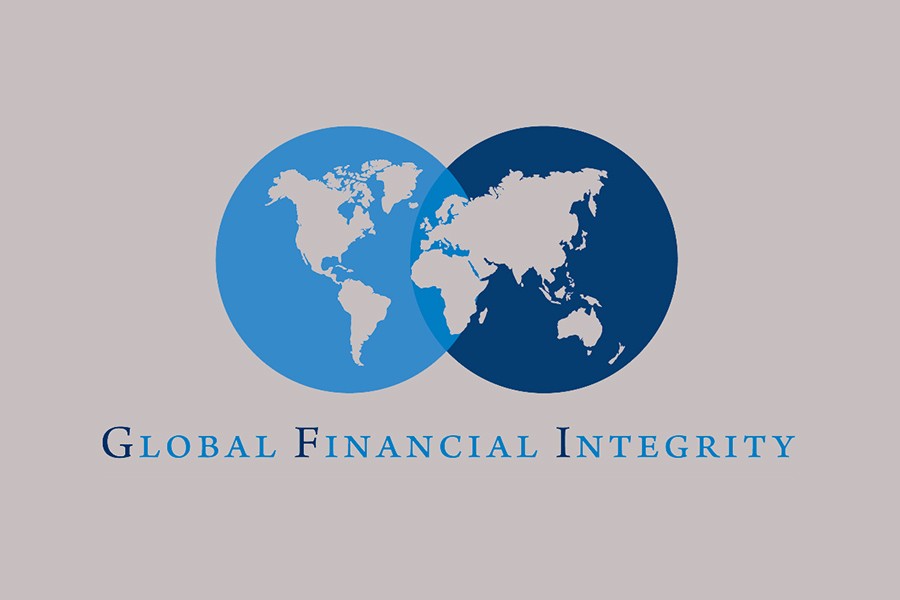At least US$ 5.90 billion flew out from Bangladesh illicitly in 2015 through misinvoicing in international trade with the advanced economies.
The amount is closer to around two months' merchandise export of the country.
Washington-based Global Financial Integrity (GFI), in its latest report on illicit financial flows to and from the developing countries, unveiled the data on Monday.
It also showed that illicit financial inflows from other countries to Bangladesh stood at $2.8 billion in 2015.
Though titled as 'Illicit Financial Flows to and from 148 Developing Countries: 2006-2015', the report does not provide country-wise statistics of illicit financial outflows for the mentioned 10-year period.
The earlier report, released in 2017, showed that annual average illicit capital outflow from Bangladesh stood at $7.58 billion during 2005-2014, and the amount was $9.10 billion in 2014.
But the previous report estimated both trade misinvoicing and hot money outflow, as GFI's measure of illicit financial flows stems from two sources. One is the deliberate misinvoicing in merchandise trade, and another is leakages in the balance of payments or hot money flows.
The latest report only focused on trade misinvoicing and trade with the developed nations. Around 90 per cent of Bangladesh's export trade takes place with the advanced economies, while around 70 per cent of import trade with the developing countries.
Thus, the actual outflow through the trade misinvoicing may be higher than the amount mentioned in the report.
The country's merchandise trade with the rest of the world stood at around $75.0 billion in 2015, according to the Bangladesh Bank (BB) and the Export Promotion Bureau (EPB) data.
Moreover, the total illicit outflow would be much higher, if the hot money outflow is taken into consideration.
GFI estimate is based on the International Monetary Fund's (IMF) Direction of Trade Statistics dataset.
It also uses Comtrade dataset from the United Nations, which showed that the outflow of illicit fund from Bangladesh through trade misinvoicing stood at $2.70 billion - a conservative estimation due to lack of complete trade data.
According to GFI, trade misinvoicing is accomplished by misstating the value or volume of an export or import consignment on a customs invoice.
"Trade misinvoicing is a form of trade-based money laundering, made possible by the fact that trading partners write their own trade documents, or arrange to have the documents prepared in a third country (typically a tax haven), a method known as re-invoicing," it explained.
"Fraudulent manipulation of the price, quantity, or quality of a good or service on an invoice allows criminals, corrupt government officials, and commercial tax evaders to shift vast amounts of money across international borders quickly, easily, and almost in an undetected way," it added.
GFI also said illicit outflows of all the developing countries stood at around $600 billion in 2015.
South Africa is on top of the list of illicit outflow ($10.2 billion) in 2015. The amount for India is estimated at $9.8 billion.


